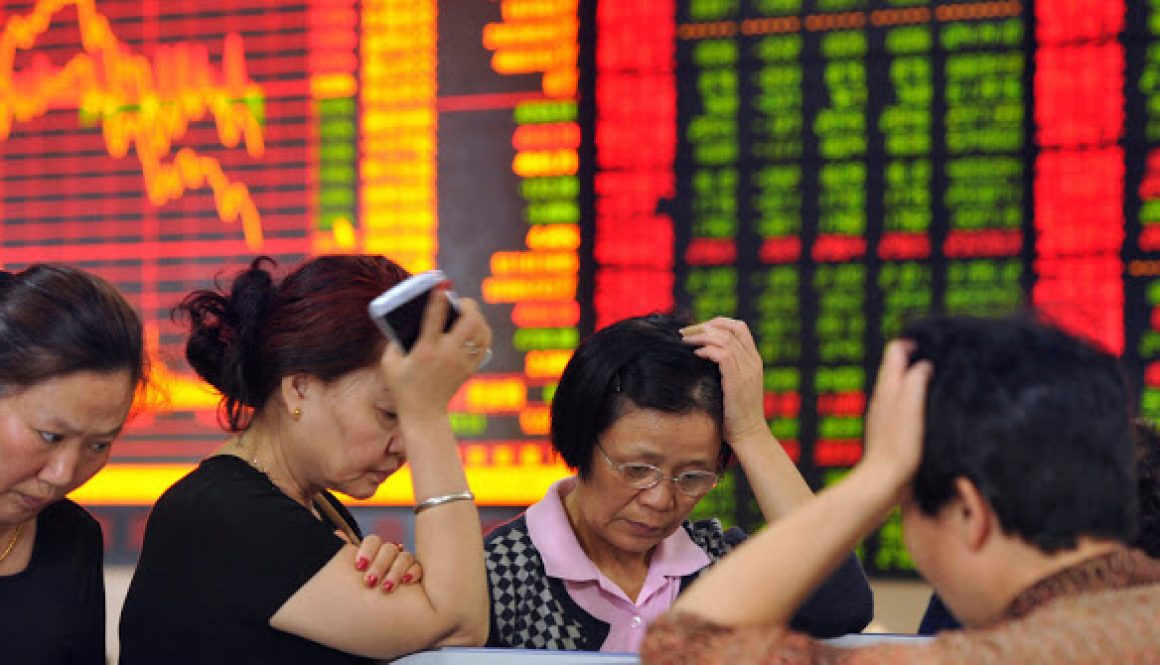UN urges use of stock exchanges, private sector to resolve gender disparities
Moses Uwagbale
Mr Lansana Wonneh, Deputy Country Representative, United Nations Women (UN Women) in Lagos said that the global stock exchanges and private sector should be used to reduce gender disparities.
Wonneh made the assertion at a webinar organised by the Nigerian Stock Exchange (NSE to commemorate the 2021 International Women’s Day and seventh Ring the Bell for Gender Equality with the theme “Choose to Challenge.”
Wonneh said: “Stock exchanges are formidable allies to facilitate the gender equitable economic opportunities given their role in helping companies, investors and policy makers to support sustainable development practices.
“It is important to note the progress made in gender equality, in Nigeria for example, the overall gender index improved by five percent since 2018.
“Nigeria also became most improved countries in economic participation and economics of index. So we have a lot to celebrate here in Nigeria.
“However, a lot still needs to be done. The world economic forum global gender gap for 2020 said it will take 100 years to close all gender gaps and 257 years to bring about,” he said.
Wonneh added that: “The COVID-19 had a huge impact on women, a recent study indicate that women represent 39 per cent of the global workforce, accounting for 54 per cent of job losses as of May 2020.
“Development finance organisations and the private sector can play a key role in addressing the challenges women face.”
Ms Olajobi Makinwa, Chief, Intergovernmental Relations and Africa, UN Global Impact, said that the Global Impact initiative has been at the forefront of promoting gender equality in the Nigerian private sector.
Malinda said: “In Nigeria, Global Compact has been at the forefront of driving gender equality in the Nigerian private sector through its West Africa gender equality initiative launched in 2020.
“Global compact Nigeria will be running UN global compact target gender equality global impact initiative to begin 2021.
“It is an accelerator programme for companies to set and reach ambitious corporate targets for women’s representation and leadership at all level.
“We are calling on all women to ‘cpChoose to Challenge’ gender disparity that exist within organisations,” she said.
Stephanie Friedburg, Senior Vice President, Operations, IFC, World Bank Group, said that more women lost their jobs at the peak of COVID-19 when compared with men.
Friedburg said: “The COVID-19 has been one of the worst crisis experienced in our life time and has been hard on women because women are more likely than men to lose their jobs.
“We have created eight billion dollars COVID-19 facility for existing and new clients to provide liquidity to women managed SMEs.
“We have also worked in the areas of gender based violence and child care. Stock exchanges provide a wonderful opportunity to bring gender equality to the forefront,” she said
Mr Oscar Onyema, NSE Chief Executive Officer, said that women showed exemplary leadership qualities during the pandemic.
“At the NSE, we are committed to playing our part by implementing various initiatives aimed at promoting gender diversity and empowering women.
“We do, however, recognise that there is a pressing need to do more to advance gender equality across our ecosystem.
“In this regard, one of our key initiatives is the three-year Nigeria2Equal programme that we are implementing in collaboration with the International Finance Corporation (IFC),” Onyema said.
He said that the programme would support the private sector to increase women’s participation as leaders, employees, customers and entrepreneurs through favourable workforce policies and practices, products and services.


